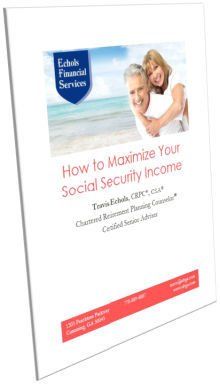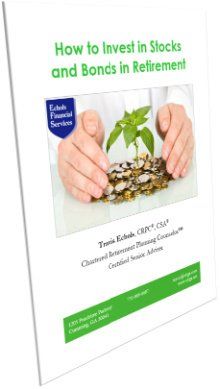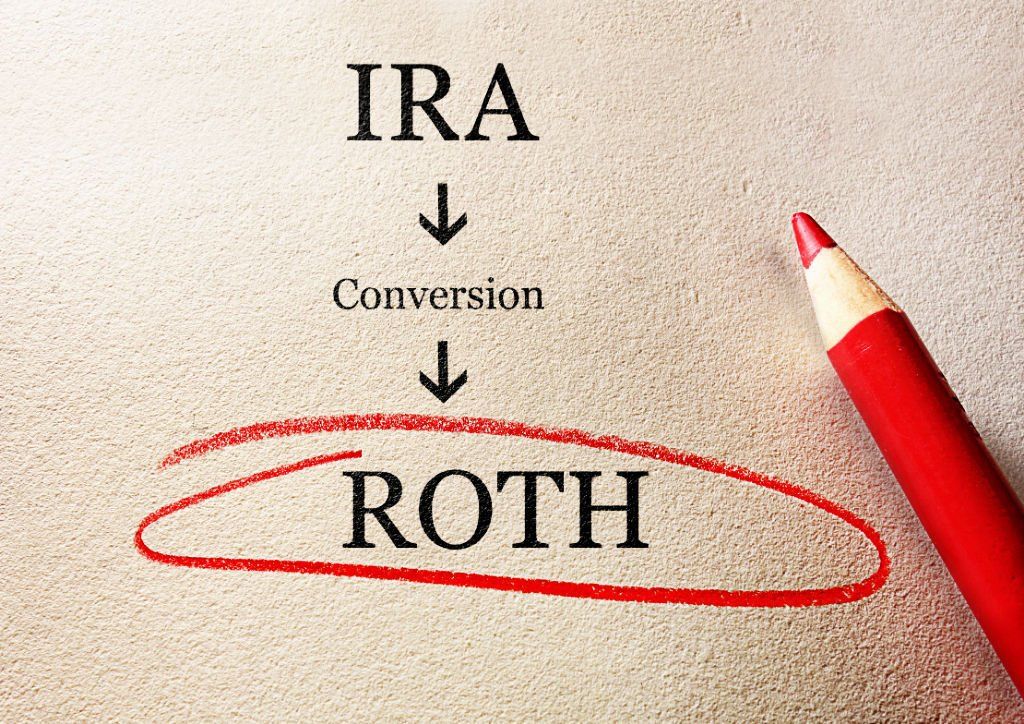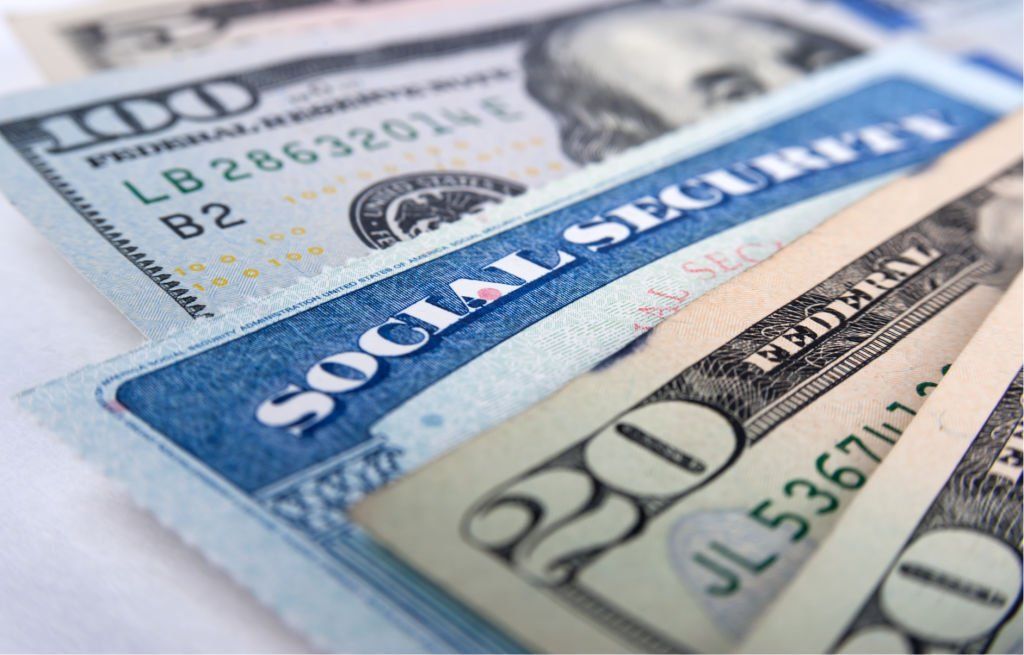What Should Retirees Do About the Coronavirus?

The biggest concerns people have about this most recent coronavirus is the impact it may have on our own health and the health of our loved ones, friends, and fellow humans across the globe.
Because fear sells, the media will never let a potential disaster like this go to waste. They live for the views and the clicks. While fear mongering is inevitable, overconfidence is her ugly twin sister. A virus like this must be taken seriously.
| Sign up to receive my free monthly email articles on retirement planning--no cost, no obligation . As of this writing, the virus has now infected more than 80,000 people worldwide, with the number of deaths from the virus over 2,700. To keep this in perspective, between 290,000 and 650,000 people die from the flu every year. This short video from the World Health Organization offers some facts about past coronaviruses with an emphasis on the current outbreak. |
Here is CDC’s webpage: https://www.cdc.gov/coronavirus/2019-ncov/index.html
For retirees, another big concern is the economic impact the virus will have on their retirement portfolios. In our global economy, a problem in China can be a problem for American companies who use their products and services in a complex supply chain. A recent article reports that 94% of the Fortune 1000 are seeing coronavirus supply chain disruptions.
China now makes up 15.5% of the global economy. The country is a major purchaser of commodities like oil and agricultural products, and because companies like smartphone and car manufacturers depend heavily on Chinese manufacturing, the electronics and auto industries face the largest first-quarter effects on earnings.
So, even though the cases of the virus in the American population are small, the impact of the virus in China can have a ripple effect on American companies.
Recent retirees and soon-to-be-retirees are especially vulnerable to stock market disruptions because they do not have the earning years to make up losses. I’ve written about this risk (called sequence-of-return risk) many times in my articles and PDF books. I also address it in my webinar which I am currently running called, “10 Unexpected Risks to Your Retirement.”
I also help retirees understand how to avoid excessive stock market risk without necessarily sacrificing gain in my article “How to Reduce Investment Risk in Retirement. “ In that article I point out the other factors of higher expected return that you can tilt your stock portfolio toward while reducing your overall stock market exposure.
Larry Swedroe’s book, Reducing the Risk of Black Swans, has a chapter called “Enough”. He wisely advises that retirees need to ask themselves how much additional incremental potential growth is worth relative to the additional risk they are taking. The book is worth buying just for this brilliant article in the appendix. This discussion is particularly pertinent after a long bull market with lofty valuations ( The S&P 500 CAPE Shiller PE 10 at 30.3 as of today against the historical average of 16.7).
The key to handling market disruptions as we are currently experiencing is to have already been prepared for such an event. When you have a well-thought-out retirement plan and your investments are properly aligned with that plan, you follow the plan.
The emotions are normal and understandable, but you can’t let them derail you from your goals. Your carefully researched plan, which anticipated such an event (though not specifically since the future is always unknown), must be followed if you are to come out a winner on the other side.
It’s unfortunate that even smart investors are vulnerable to biases and emotional decision-making. The decisions you make based on your emotions rather than evidence have much more power to harm your financial wellbeing than any global health crisis, including today’s coronavirus outbreak. For a review of some common self-sabotaging behaviors, see my article “Behave Yourself! ”.
For investors, you can take advantage of the market downturn by rebalancing your portfolio and increasing your allocation in stocks, which is essential to buying in the dips. You can use your dividends and interest to also purchase shares at lower prices.
If you are dynamically rebalancing your portfolio, you may even choose to take your stock percentage even higher than before IF valuation metrics like the Shiller PE 10 warrant. For more on this, see “ How to Navigate the Retirement Danger Zone”.
If you are withdrawing income from your retirement portfolio, market downturns may signal the need to slightly reduce your distributions temporarily until the market recovers. I outline this withdrawal strategy in “ Three Steps to Safely Maximize Your Portfolio Income. ”
In long bull markets like the current one (the longest in history), it is easy for all investors and advisors to think they’re geniuses and become overconfident. “Recency bias” can also cause us to erroneously extrapolate the most recent results into the future, forgetting the bear markets like 2000-2002 and 2008-2009.
But when markets correct eventually and overperforming asset classes revert to their averages , and the bandwagon performance-chasers start scrambling and hiding for shelter, those who have been prudent will still be standing and perhaps be even better off after the turmoil. The novice speculators will have crashed and burned.
Using history as our guide, the best stance is to be cautiously optimistic. We have faced many calamities, including two world wars in the previous century, and so far, no event has halted the growth and profitability of global companies over the long term.
Will the recent coronavirus interrupt global supply chains and impact the short-term profitability of some companies? Probably. Will the global markets recover? The answer is most likely yes, if history is our guide.
We’ve only got one shot at retirement. We can’t afford to be complacent. We need a strategy that is well-researched and that has been shown to work under all sorts of market conditions and disruptions—and can take advantage of these inevitable circumstances. Then, we need to be disciplined to implement the strategy when our emotions may be pulling us in the opposite direction.


Travis Echols , CRPC®, CSA
Receive free Social Security Guide by email




Investment Advisory Services offered through JT Stratford, LLC. JT Stratford, LLC and Echols Financial Services, LLC are separate entities.












